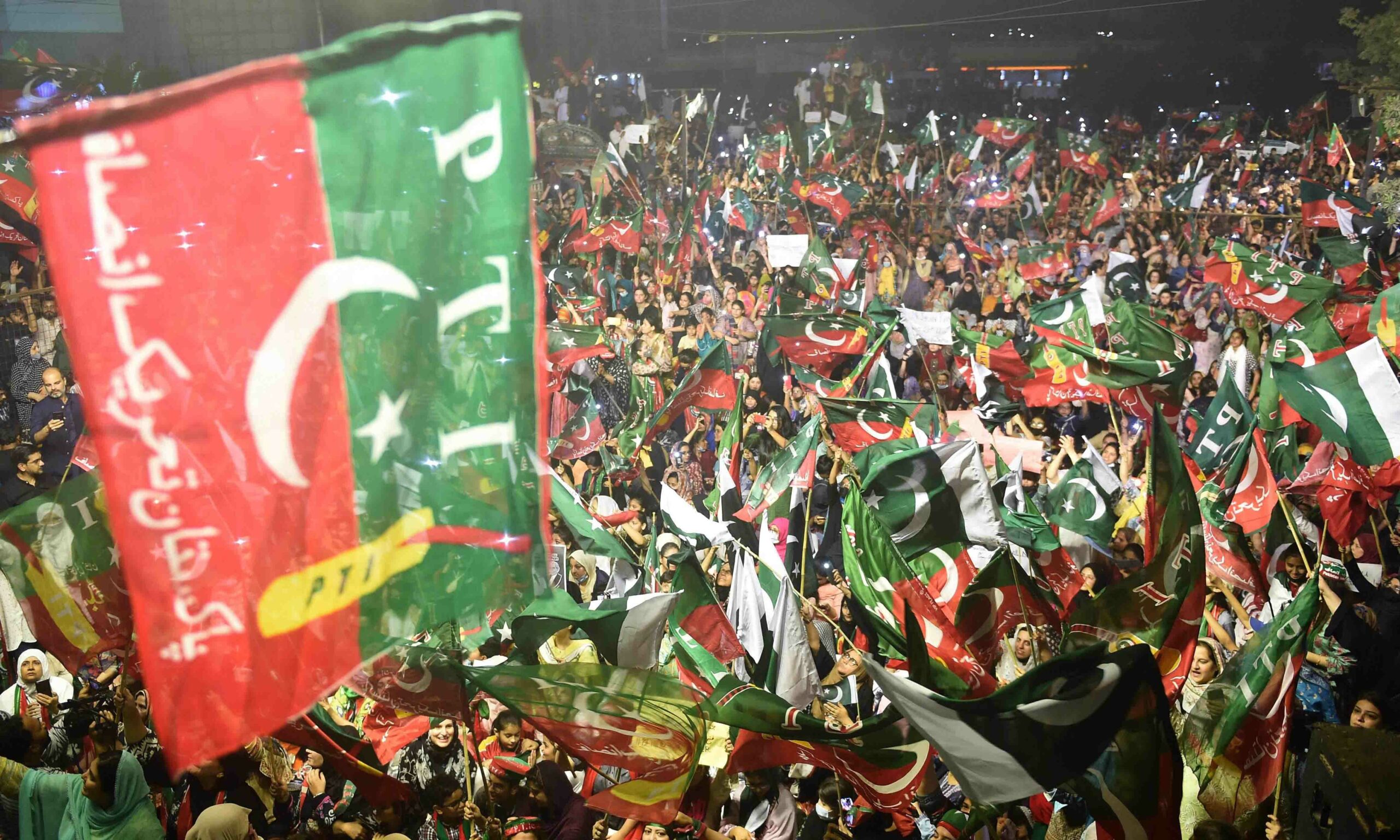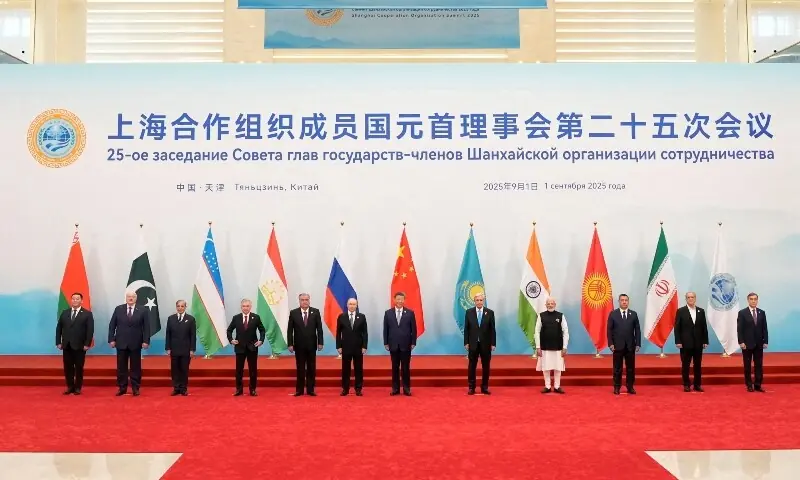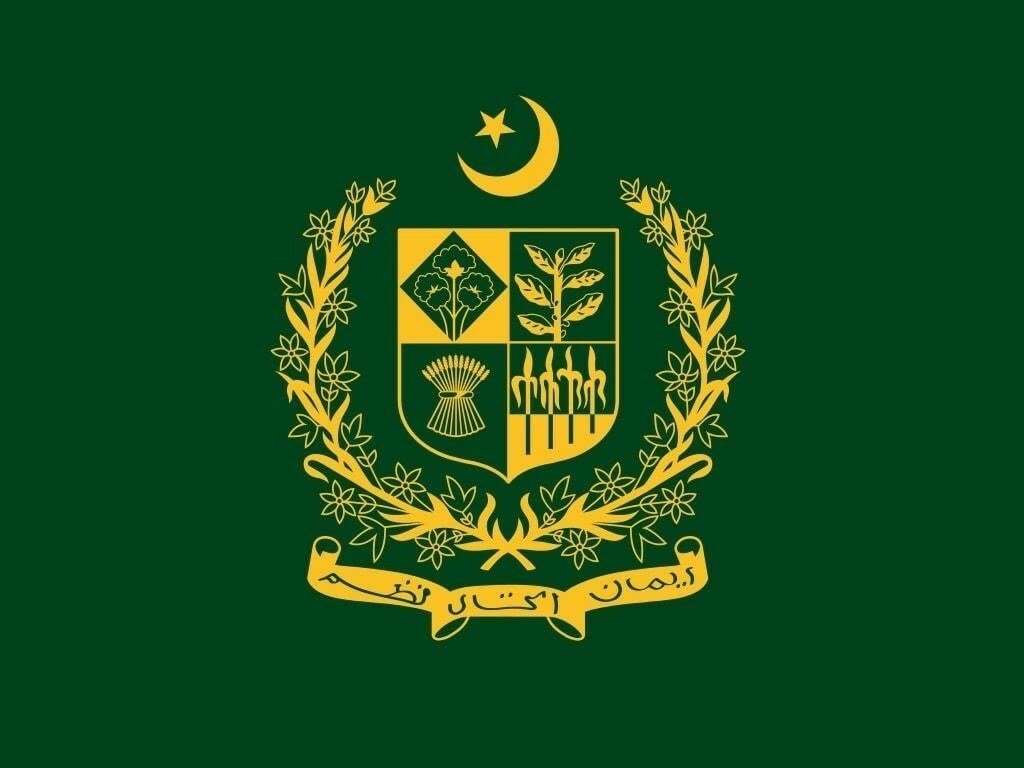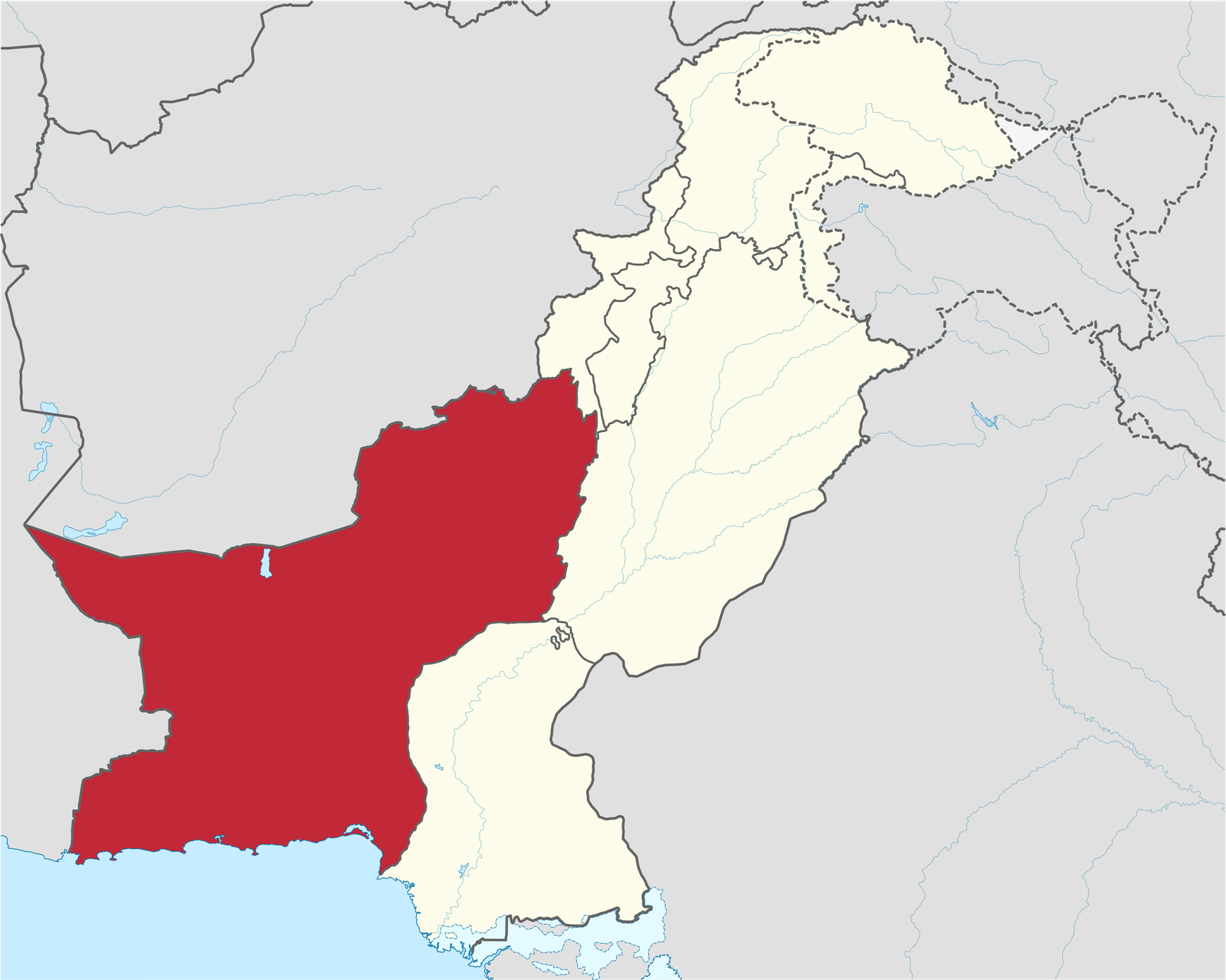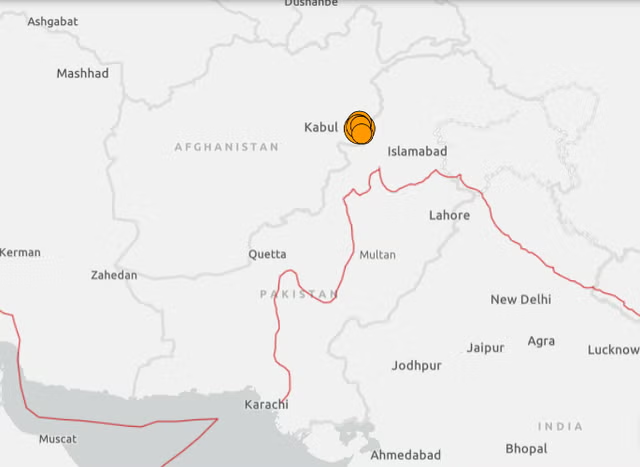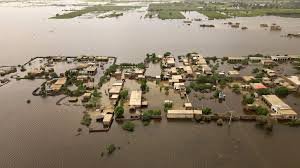Mubashar Nadeem
Pakistan’s political history is filled with stories of defections, shifting loyalties, and lawmakers abandoning their parties. From the PPP to the PML-N, every major political party has endured the sting of members crossing the floor or joining rivals. Yet most have managed to recover, rebuild their ranks, and return to electoral competitiveness. The reason is simple: defections, while damaging, are often temporary. Political alliances shift near elections, estranged figures return, and parties regroup. For PTI, however, the gravest danger today does not come from defections in parliament—it comes from the disorder brewing within its own social media ecosystem. Unlike defections, this damage is structural, cutting deep into the party’s moral and ideological foundations.
Over the past decade, PTI built its political muscle largely through social media. When mainstream media imposed curbs or sidelined its narrative, PTI turned to Twitter, Facebook, and YouTube. Digital platforms became the lifeblood of its political communication, energizing youth, spreading its message nationwide, and shaping it into a formidable political force. Ironically, that very base now shows signs of collapse. The party’s online spaces are increasingly marred by factional feuds, abusive language, and personal attacks among its own activists. Viral videos and posts pit one group against another, exposing a deep moral and organizational vacuum.
This phenomenon is doubly damaging. Internally, it erodes trust among workers and sympathizers. Supporters committed to PTI’s vision feel disheartened when they see the absence of discipline and unity. Externally, it sends a dangerous signal to the wider public: if a party cannot maintain ethical standards and discipline within its own digital ranks, how can it govern responsibly at the state level? Opponents are quick to seize on this, questioning PTI’s moral edge and turning its digital disorder into a weapon against its credibility.
In contrast, defections—however embarrassing—rarely threaten a party’s core narrative. Social media warfare, by comparison, attacks PTI’s very identity. Other parties lean on entrenched financial resources, local patronage, or traditional networks. PTI, by design, leans on public opinion shaped online. If this foundation crumbles, the party’s reputation faces long-term harm that cannot be repaired by the return of a few disgruntled lawmakers. PTI’s “digital fortress,” once its greatest strength, risks becoming its Achilles’ heel.
https://facebook.com/RepublicPolicy
The problem also highlights a lack of training and an absence of a principled political culture. In politics, ethics are not abstract values—they are organizational pillars. When PTI workers use foul language against each other, circulate defamatory content, or prioritize personal grudges over institutional discipline, it reflects a triumph of emotion and self-interest over ideology. The party that once promised “Naya Pakistan” risks mirroring the very decay it sought to replace.
https://tiktok.com/@republic_policy
For PTI’s leadership, the path forward demands immediate and structured action. First, a strict code of conduct for social media teams must be enforced, banning personal attacks, factional propaganda, and indecent language. Second, a series of training programs should cultivate ethical debate and political discipline among workers. Third, narrative management should move from being personality-driven to institution-driven, ensuring that no individual undermines the party’s collective image. PTI must transform its digital base from a battlefield of egos into a platform of disciplined advocacy.
https://instagram.com/republicpolicy
The reality is that the battlefield of modern politics is no longer confined to rallies or ballot boxes—it is fought, shaped, and decided online. If PTI continues to let chaos and unethical behavior dominate its digital space, it will end up weakening the very fortress that made it powerful. Electoral victories alone cannot secure political survival; moral legitimacy and organizational discipline are just as vital. Without reclaiming both, PTI risks an erosion that defections alone could never cause.
https://whatsapp.com/channel/0029VaYMzpX5Ui2WAdHrSg1G
PTI must remember that its real battle today is not merely for seats in parliament, but for coherence in its narrative. Its greatest challenge is not only to win elections but to preserve credibility in the digital age. If the leadership acts swiftly to restore ethical standards and rebuild trust, PTI may still recover its strength. But if ignored, the party risks a decline not imposed by opponents, but inflicted by its own fractured digital house.



